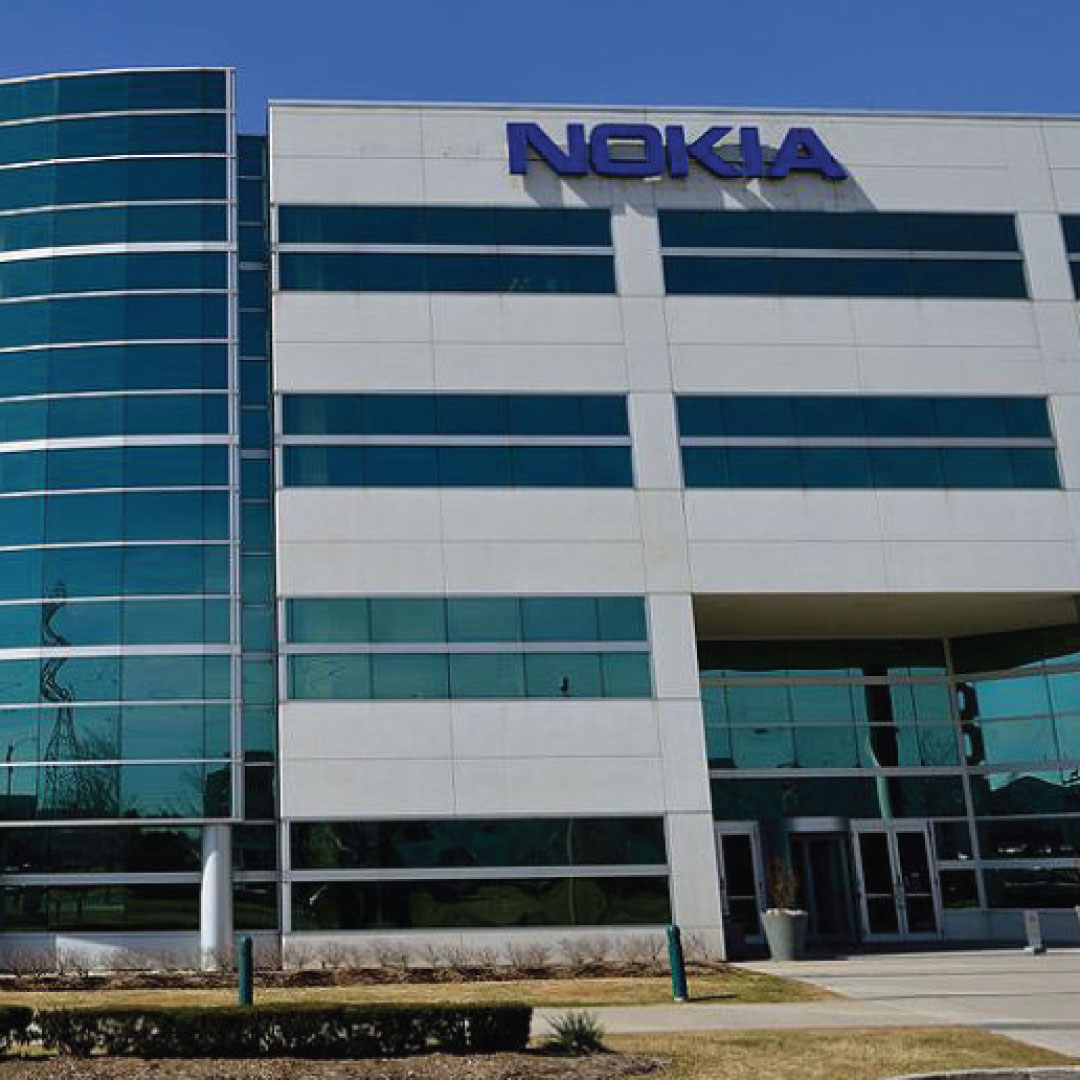A judge has dismissed a suit brought by a Kenyan company demanding Sh150 million from Nokia Corporation for alleged breach of contract following the sale of the business to software behemoth Microsoft.
Justice Chacha Mwita denied TechnoService’s application, stating that courts should not meddle with arbitration proceedings.
The judge noted that the parties had resorted to arbitration in September of last year, as stipulated in the agreement they signed.
“In the circumstances, granted leave to appeal will postpone the resolution of the issue that the parties agreed to avoid when they chose arbitration,” the judge wrote.
What We Know About The Breach Of Accusation Case Against Nokia
In 2020, the Kenyan firm filed a lawsuit against Nokia, accusing the multinational of breaking a collaboration agreement signed in 2006.
According to TechnoService, Nokia sold its business to Microsoft Corporation in April 2014. The company also wants damages and lost earnings after Microsoft allegedly took over several Nokia Service Centres that it supposedly constructed jointly.
Read Also : MTN Cameroon to Support Camtel’s 4G expansion
However, last year, Justice Mativo issued a decision to submit the case to arbitration. TechnoService petitioned the High Court again, claiming that the arbitration clauses relied on were illegal.
In the dispute, TechnoService accuses Nokia of breaking a 2006 partnership agreement that expired in April 2014.
TechnoService claimed that it was forced to invest in the transaction by creating Nokia care branded service facilities. The centres, which were collaboratively established, were later transferred to Microsoft without the parties’ approval.
Read Also : An Advocacy Group Criticizes Zoom’s Proposed Emotion AI
The business then announced the opening of a cutting-edge service centre at Gateway Business Park to promote Nokia brands and products. Furthermore, Nokia allegedly used the facility to teach technicians from other business partners throughout the region rather than sending them to Dubai, UAE, or South Africa, as was traditionally done.
The partnerships, according to the corporation, allowed Nokia’s business in Kenya to rise from US$ 10 million in 2006 to US$ 150 million in 2013.
“The plaintiff avers that the first and fourth defendants’ employees admitted and acknowledged the plaintiffs’ assistance to its success in Kenya through communication and letters,” court documents added.
However, the corporation eventually discovered that Nokia had entered into a partnership with Microsoft, an agreement that was purportedly carried out covertly.




